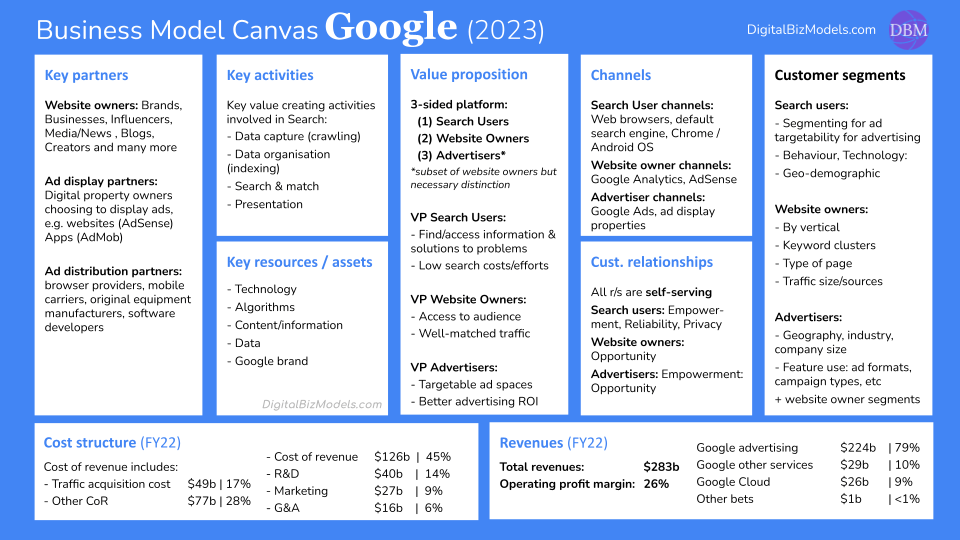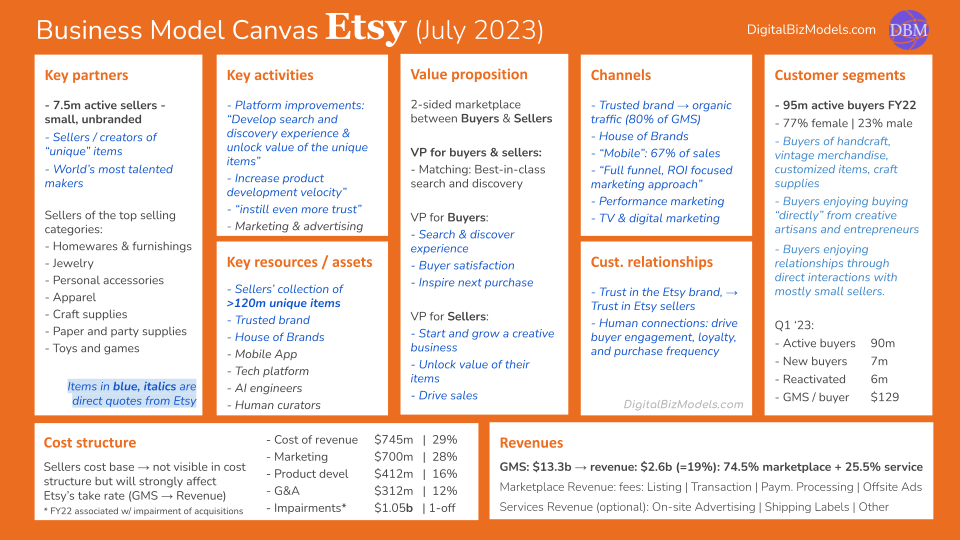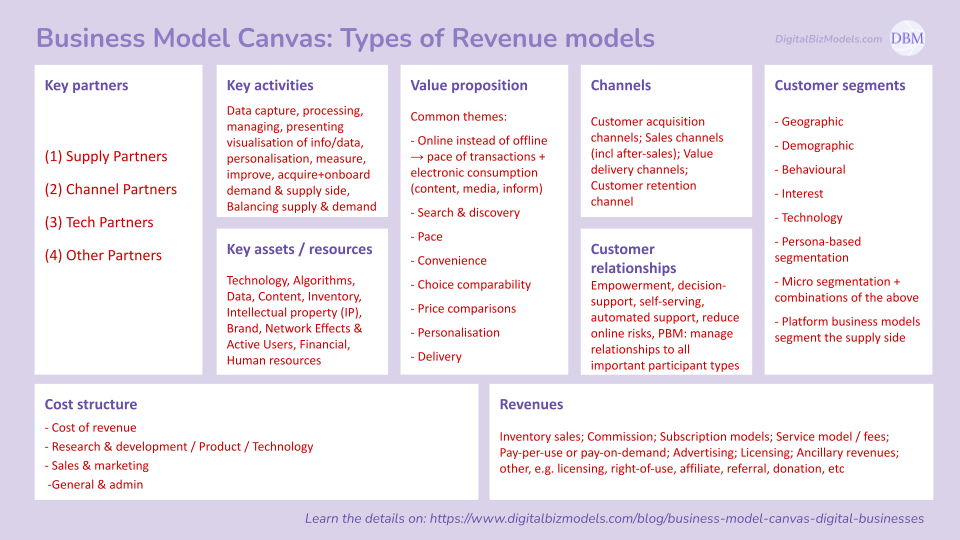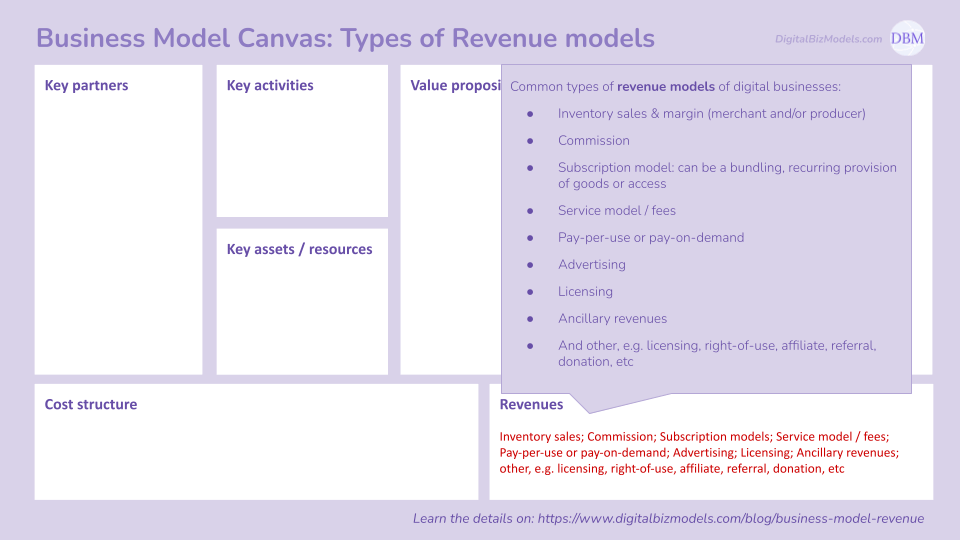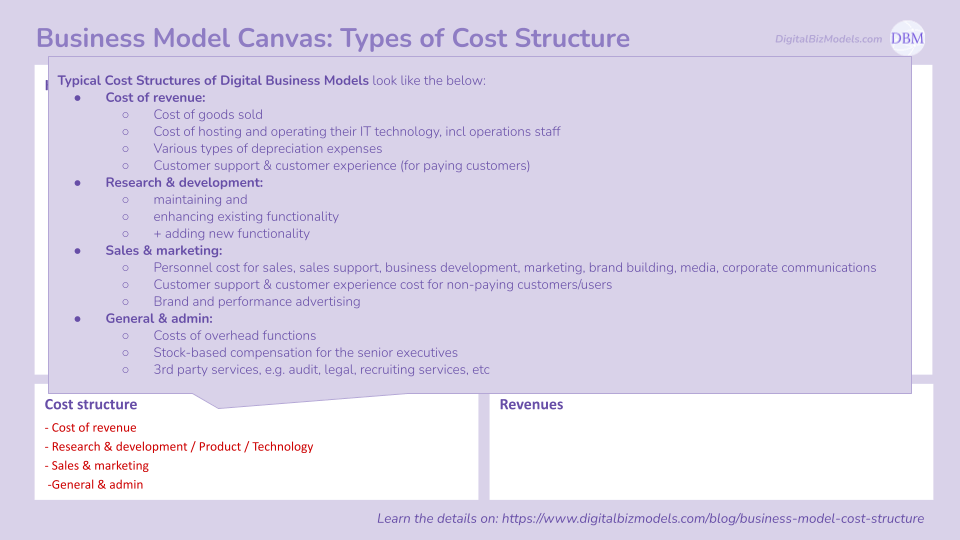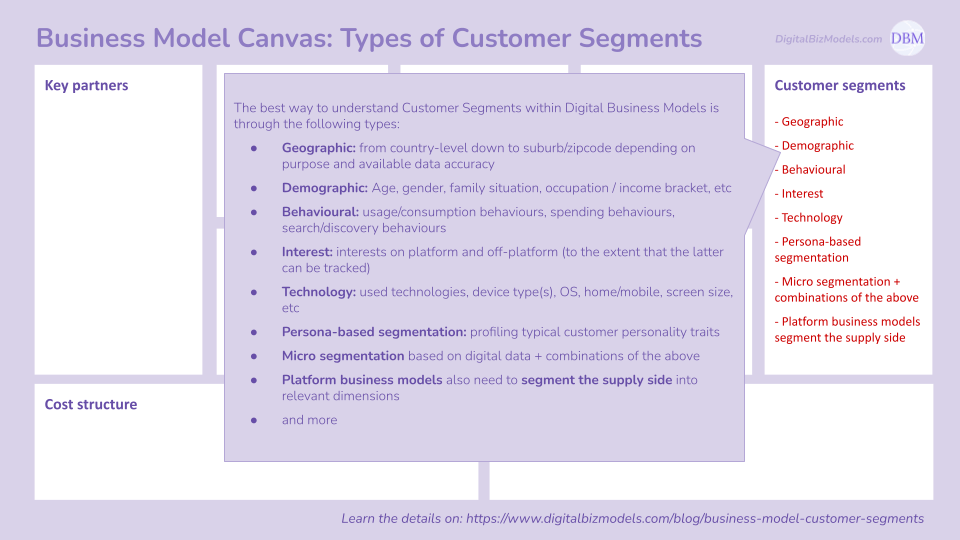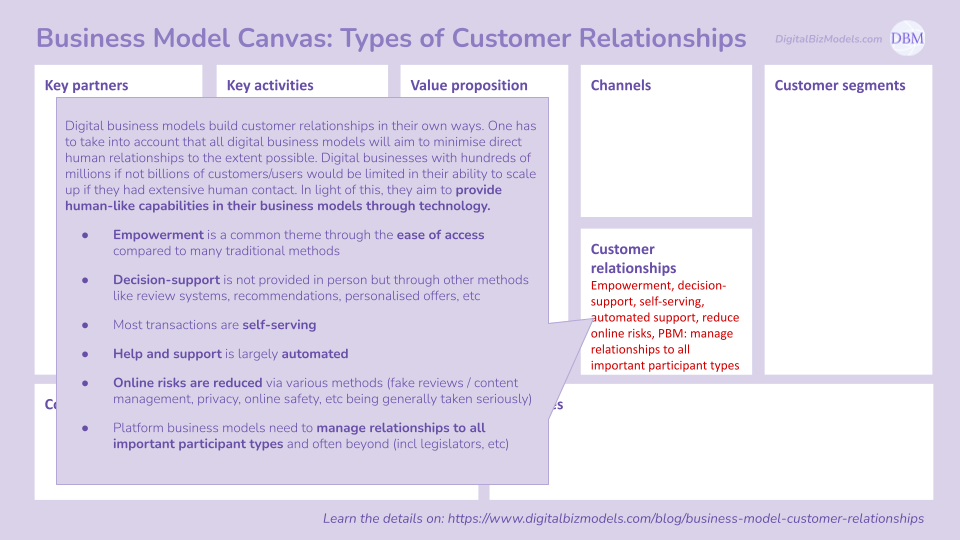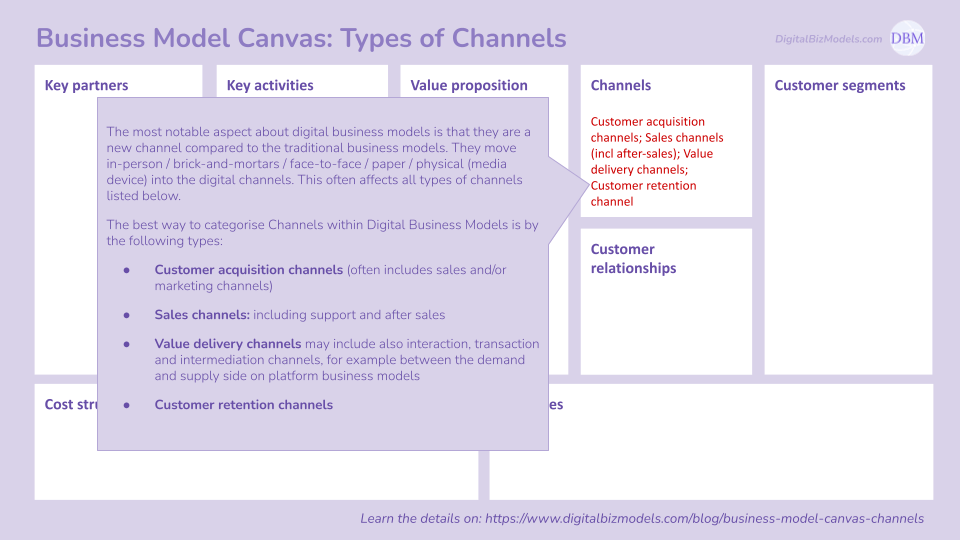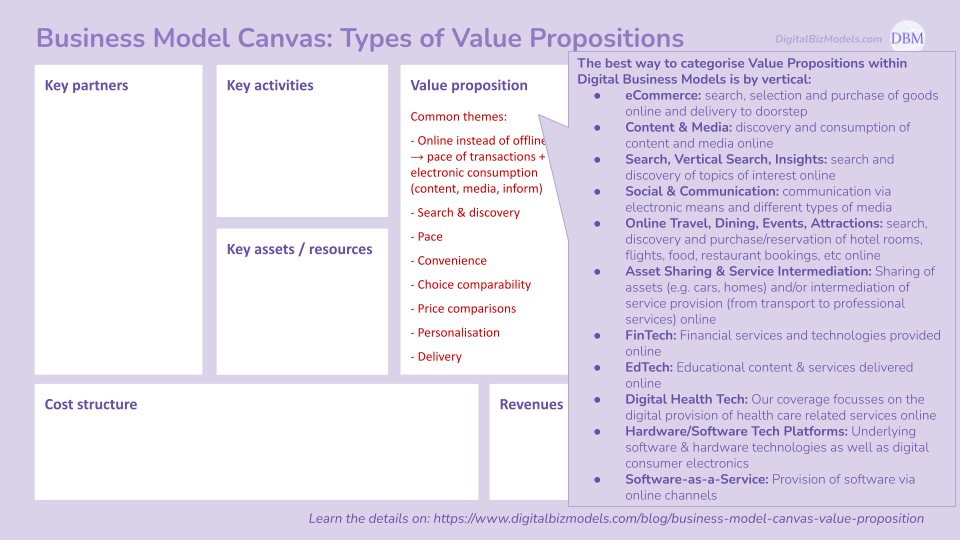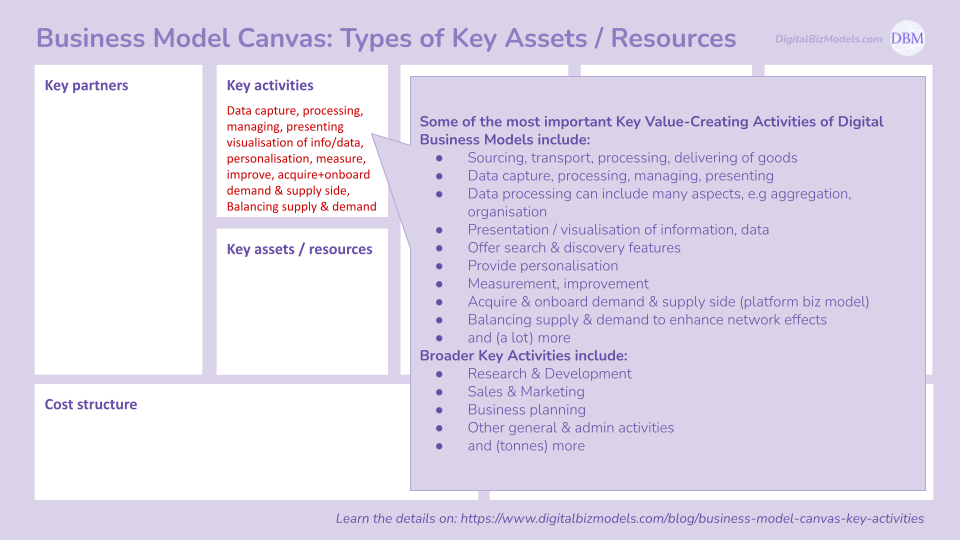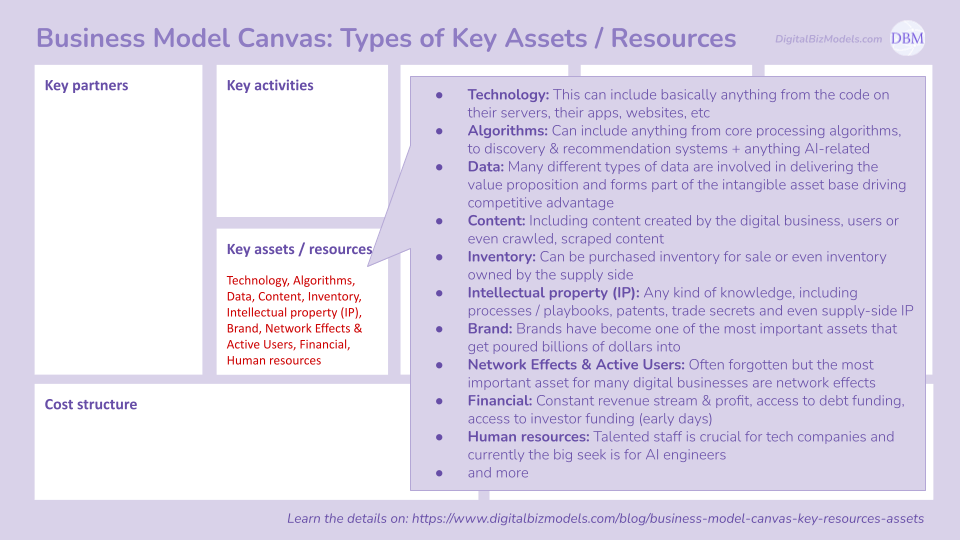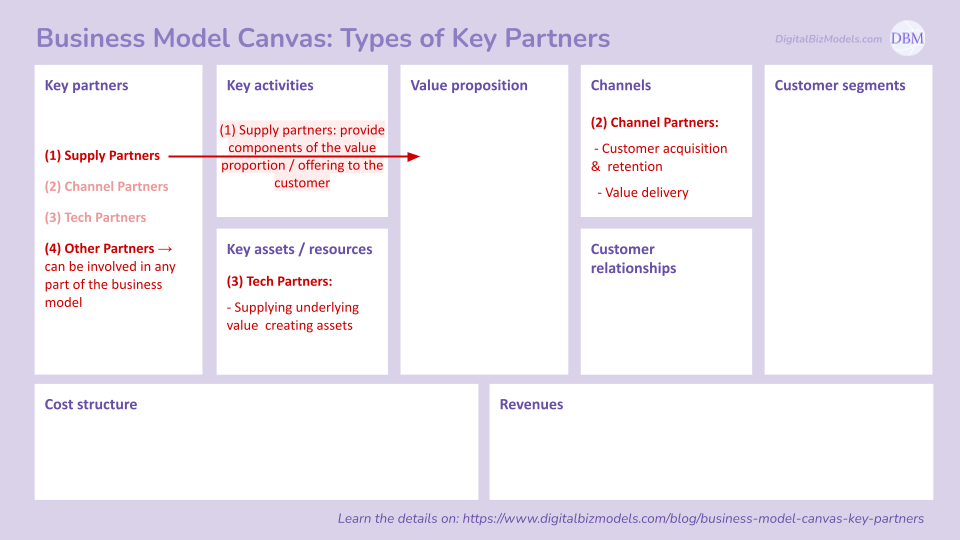The Best Digital Biz Models Today
We are your experts in the Business Models of Digital Technology Companies. While the business models of traditional companies are also interesting, it’s simply not something that we dilute our (and your) focus with …
By focusing on Digital Tech Biz Models for the last almost 10 years, we have become your trusted experts on DigitalBizModels!
The largest digital companies are not so successful because they have the best App. They are winning because they have the best business model
Covering the Best Digital Business Models Today
Understand the business models of companies like: Google, Meta/Facebook, Uber, Airbnb, Amazon, Netflix and many more
From our Blog: Business Models

Providing Start-ups, Corporates, Academics & Innovators with elite university-grade knowledge on digital business models at a fraction of the cost!
See the difference!
Download 2 excerpts from 2 of our case studies to get a feel for the quality of our content. We know everything that is on the internet on digital biz models. There’s just nothing like what we offer you!
Download a 25% excerpt from our Airbnb Case Study (click here or the button):
Download an excerpt from our Social / Search Comparative Study (click here or the button):
Premium Resources
-
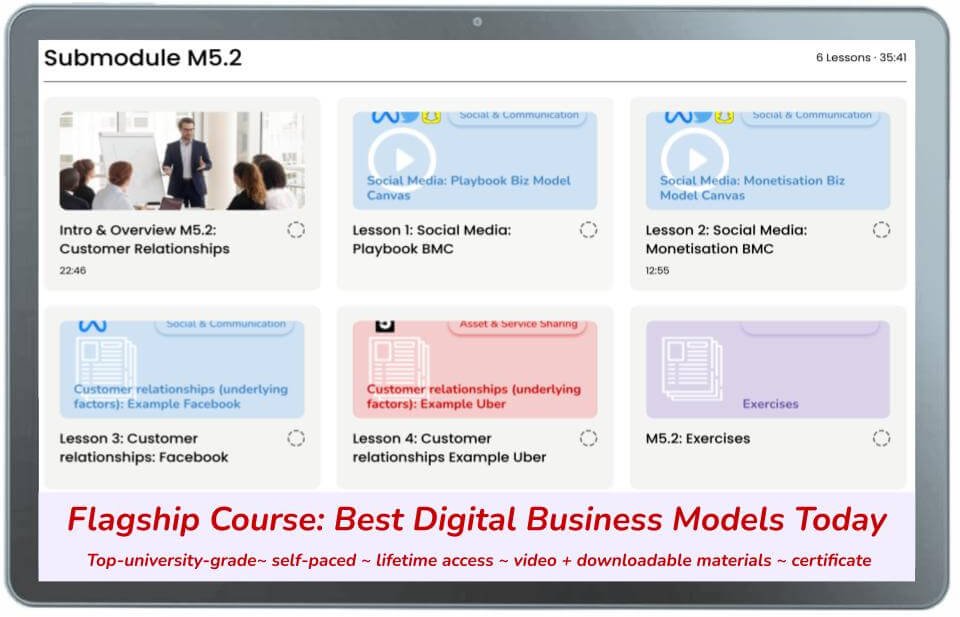
Flagship Course
The Best Digital Business Models Today - a top-university-grade couse
-
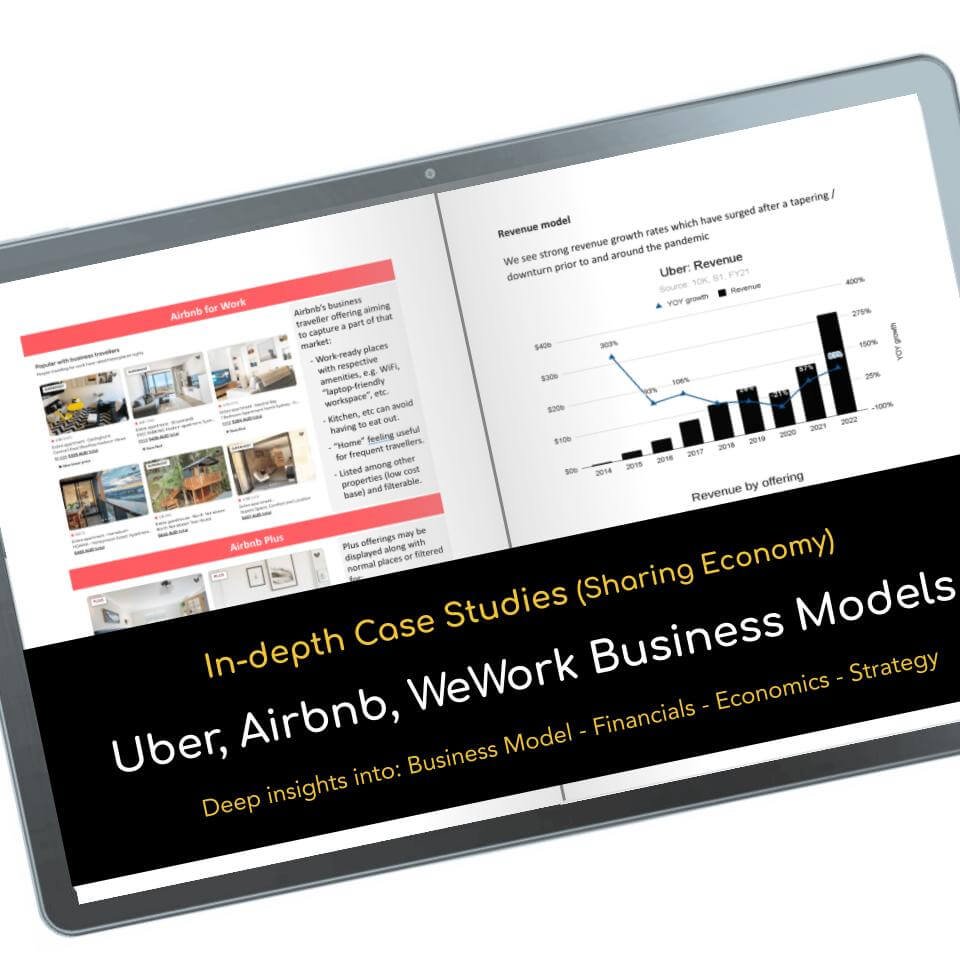
Uber & Airbnb
Uber & Airbnb Business Models
-

6 B-Maps
6 Biz Models on A Page (B-MAPs): understand a biz model in 30 mins at the most affordable price



